How to Tell if an Outlet is Bad (Troubleshooting Tips)
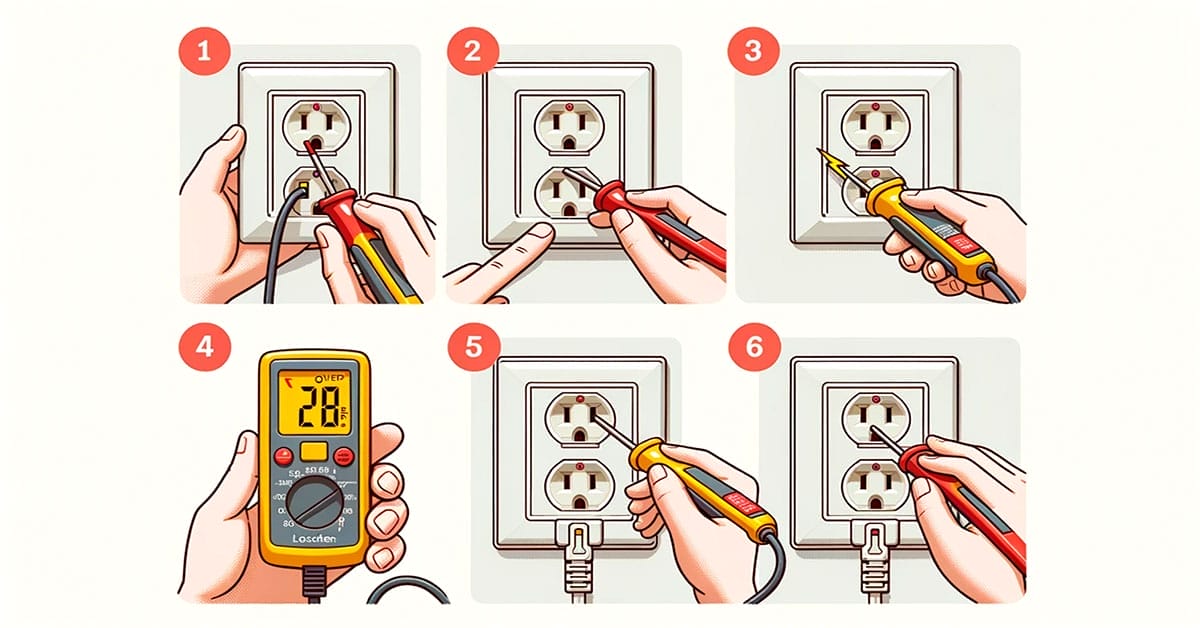
We’ve all been there. You plug in your favorite appliance, and nothing happens. It’s frustrating, right?
Well, I’m here to tell you that sometimes, it’s not the device that’s the problem – it could be a bad electrical outlet.
Several signs can indicate a faulty outlet, including flickering lights, burning smells, loose connections, or sparking when you plug in an appliance. If you notice that some of your devices are not working or charging properly, it could indicate a faulty outlet.
But don’t worry! I have tips and tricks to help you determine if your outlet is bad and how to troubleshoot and possibly even fix it yourself. Trust me; it’s easier than you think!
So, let’s dive in and figure out what’s going on with those pesky outlets!
Signs of a Bad Outlet
Summary
| Sign of a Bad Outlet | Description |
|---|---|
| Physical Damage | Burn marks, melting, cracks, or chips on the faceplate, outlets, or even the wall |
| Burning Smell | Continuous burning smell, indicating short-circuiting or sparking |
| Flickering Lights | Lights connected to a specific outlet keep flickering |
| Loose Outlets | Devices falling out of the outlet due to wear and tear |
| Electrical Shocks | Feeling a shock when touching an outlet |
| Warm or Hot Outlets | Outlets that feel hot or warm to the touch |
| Frequent Circuit Breaker Trips | Circuit breaker trips frequently when using a specific outlet |
Physical Damage
I’ve noticed that one of the easiest ways to identify a bad outlet is to look for physical damage.
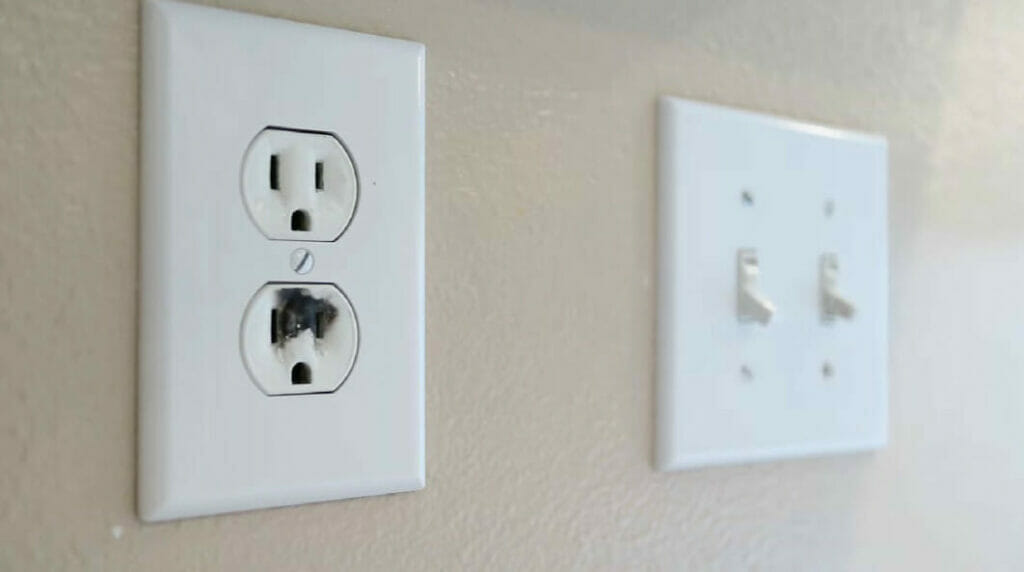
If you see burn marks, melting, cracks, or chips on the faceplate, outlets, or even the wall, it’s time for a replacement. This is usually a sign that something is not working properly and could be unsafe.
Burning Smell
Another warning sign I often encounter when an outlet is bad is a continuous burning smell. This might indicate that there is short-circuiting or sparking happening inside.
A dangerous situation that requires attention!
Flickering Lights
Do you know what I can’t stand? Flickering lights.
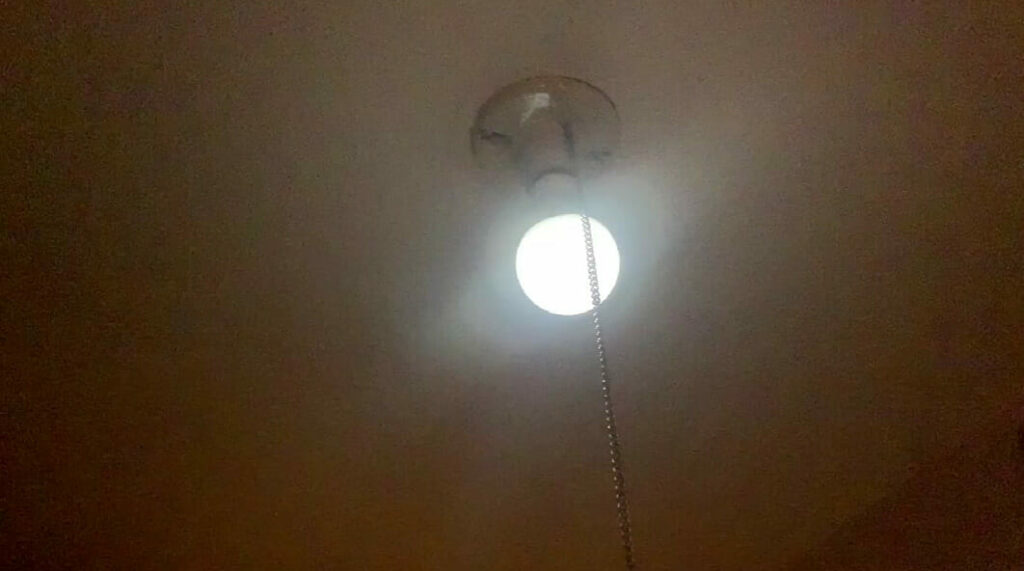
If the lights connected to a specific outlet keep flickering, there’s a chance that your outlet is the culprit. It might be sending intermittent power or have a loose connection. Time to get it checked out!
Loose Outlets
When I plug in a device, and it keeps falling out, it’s a clear sign that the outlet is worn out.
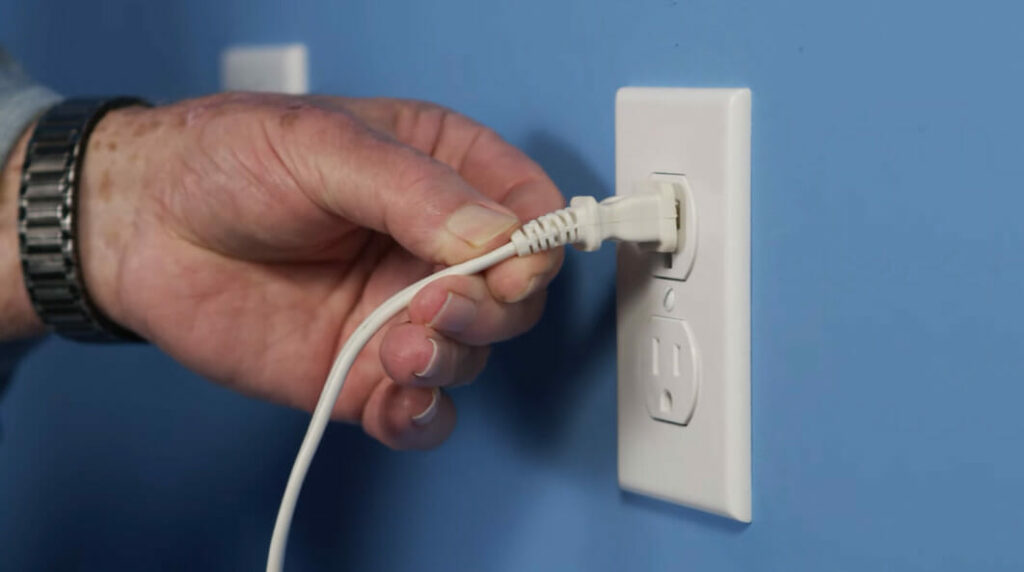
These loose outlets can be frustrating and even hazardous, as they might cause a poor electrical connection.
Electrical Shocks
Feeling a shock when you touch an outlet? Not great.
It’s important to have this issue addressed by a professional electrician. Electrical shocks from outlets might indicate faulty wiring or other underlying issues.
Warm or Hot Outlets
Now, when I touch an outlet that feels hot or warm, that’s a sign of a problem.
Outlets should not be hot to the touch – heat usually means excessive current or poor connections. Call an electrician because this can be a fire hazard!
Frequent Circuit Breaker Trips
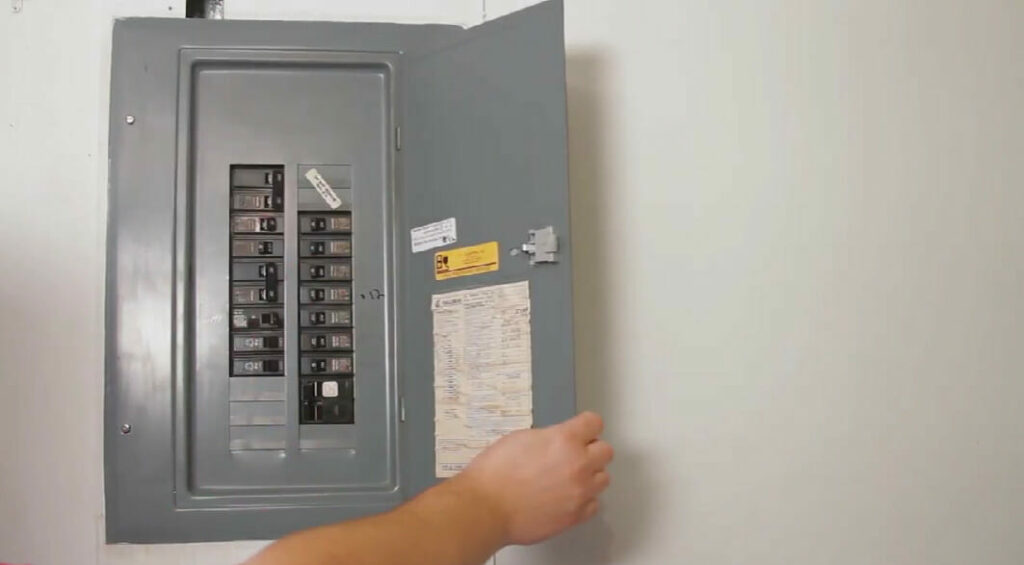
Finally, let me tell you about one more red flag that tells me an outlet might be bad: frequent circuit breaker trips.
If you notice that a specific outlet is causing your circuit breaker to trip, that’s a sign that something is not quite right.
Testing a Suspect Outlet
You know, I’ve seen my fair share of bad electrical outlets in homes, and let me tell you, testing them is pretty important!
In this section, I’ll walk you through a couple of ways to test a suspect outlet: using a plug-in outlet tester and testing with a multimeter. Trust me; you’ll be a pro in no time!
Using a Plug-In Outlet Tester
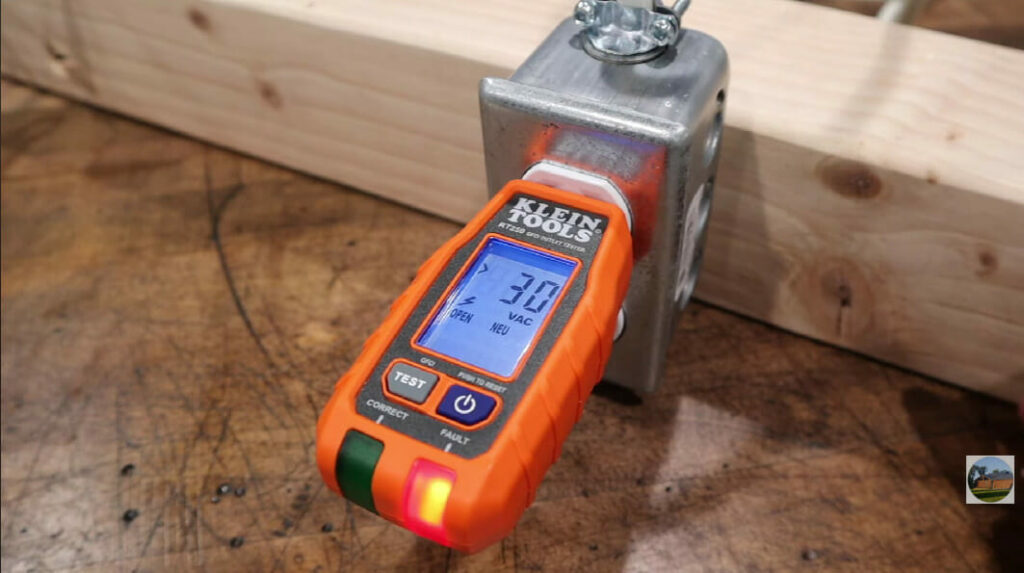
One way to test an outlet is with a handy plug-in outlet tester. These little gadgets are easy to use and widely available at hardware stores. Here’s what you’ll need to do:
- First, plug the outlet tester into the suspect outlet.
- Check the lights on the tester – they’ll tell you if the outlet has the correct wiring or if there’s an issue like an open ground, reversed polarity, or more.
- If there’s a problem, it’s time for some professional help! Never attempt to fix an electrical issue alone if you’re uncomfortable; call a licensed electrician.
Testing with a Multimeter
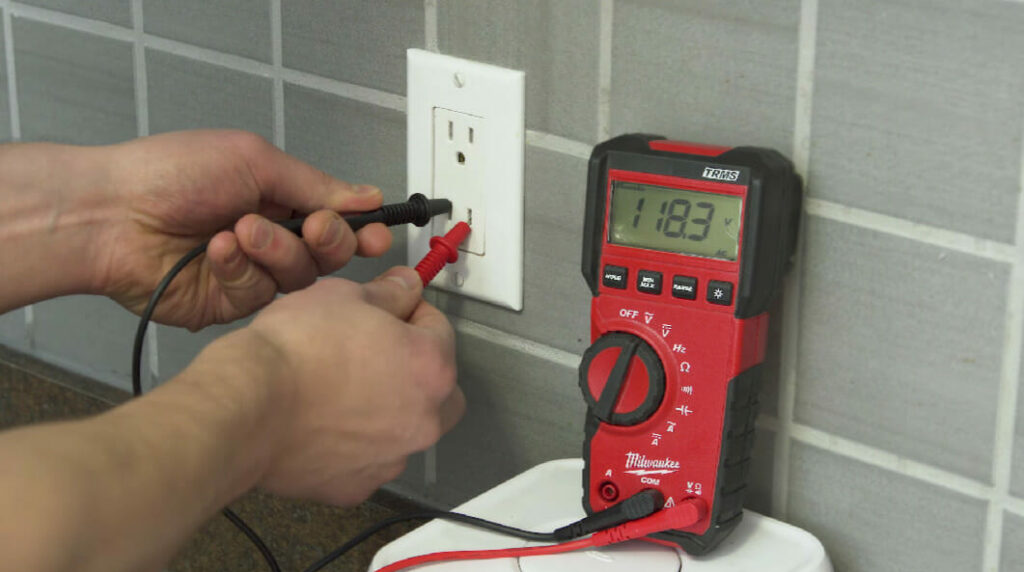
Ready to kick it up a notch? You can also test an outlet using a multimeter. This tool might seem intimidating, but it’s not as tough as it looks. Check out these step-by-step instructions:
- Safety first! Make sure to turn off the power to the outlet you’re testing.
- Next, set your multimeter to the “volts” setting and connect the red and black leads to their respective inputs.
- Carefully insert the red probe into the smaller slot of the outlet and the black probe into the larger slot.
- The multimeter should display a voltage reading between 110-120 volts. If it does, you’re good to go! If not, an issue might require a professional electrician’s attention.
Now that you know how to test a suspect outlet, you’ll be able to identify any issues quickly!
How to Fix a Bad Outlet
Turn Off Power at the Circuit Breaker
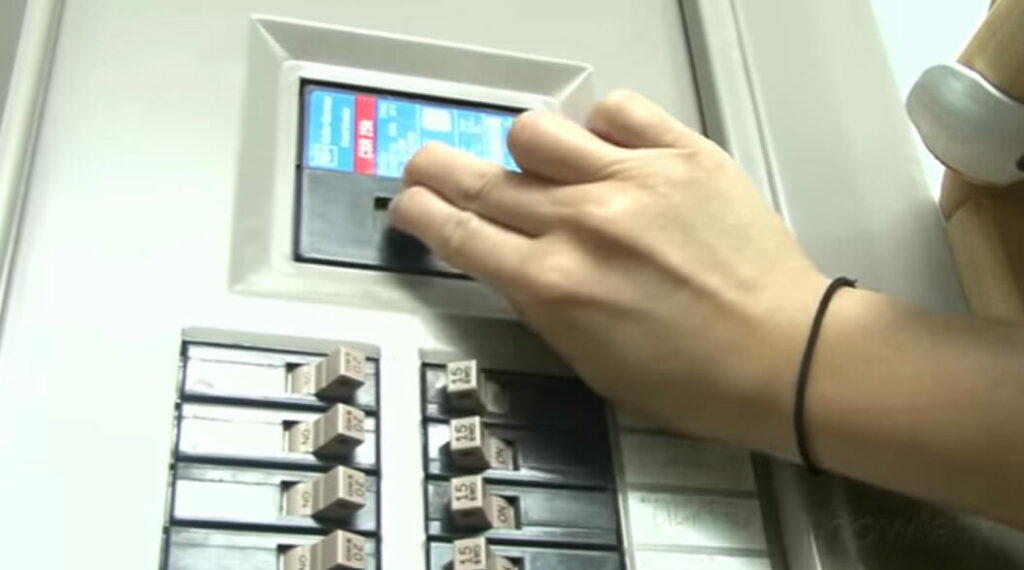
First things first, safety is always a priority. Before diving into any outlet fixes, turn off the power at the circuit breaker.
Trust me; you don’t want to feel the shock of your life while trying to fix something!
Replace the Outlet
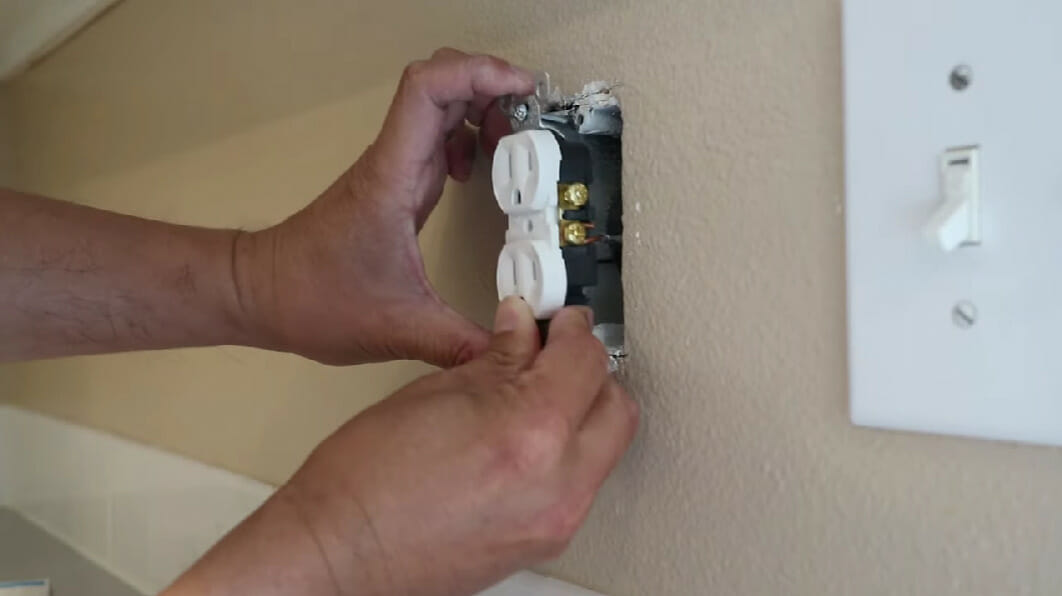
Once you’ve cut the power, you can start working on the outlet. I always recommend grabbing a screwdriver and carefully removing the outlet cover, followed by the outlet itself.
Look at the wire connections – sometimes, loose or disconnected wires are the culprit. If that’s the case, tighten or reconnect them, and your outlet should be ready!
However, If the wires look fine, but the problem persists, it’s time to replace the outlet completely.
Consult a Licensed Electrician
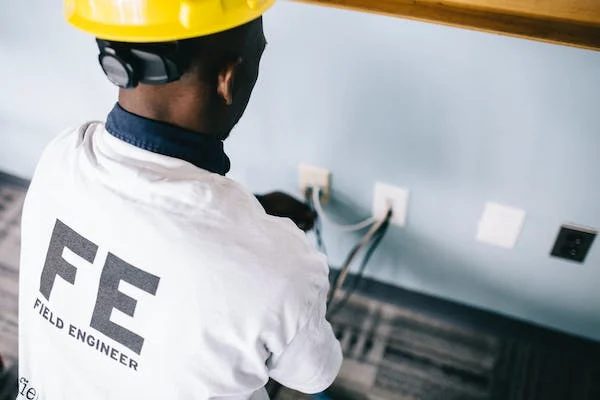
Even if you’re a hands-on person like me, I always advise folks to keep a healthy respect for electricity. Sometimes, the best action is to call in a licensed electrician.
If you’ve tried the steps above and your outlet still isn’t working, or if you see signs like extreme heat or discoloration, it’s time to call in a professional.
Trust me; it’s better to be safe than sorry about your home and your family’s safety.
So there you have it! Those are the steps I follow to handle a bad outlet. Remember to keep safety in mind, and don’t be afraid to call in a pro if things get too complicated or hazardous. Good luck, and happy fixing!
Wrapping Up
Whew, I’ve got to tell you – bad outlets can be a real headache! But luckily, there are some handy signs to look out for that can help you identify issues early on.
Keep an eye (or ear) out for frequent and unexplained circuit breaker trips. This could be another sign of a bad outlet. And, of course, always be on guard for any signs of discoloration, melting, or burning odors.
It’s important to address these issues promptly. Bad outlets can pose a serious risk to your home’s safety, even leading to fires or electrical shocks.
So, if you notice any of these warning signs, don’t hesitate to call a professional electrician to diagnose and fix the problem.
References
Organizations:
- The Electrical Safety Foundation International (ESFI: https://www.esfi.org/
- The National Electrical Manufacturers Association (NEMA): https://www.nema.org/
Books:
- “The Complete Guide to Home Wiring” by Black & Decker
Video References
TheRenderQ
MonkeySee
Mary Handy Hands
Ron Hazelton
TheDurbinCompound
AMRE Supply
Mr. Electric

